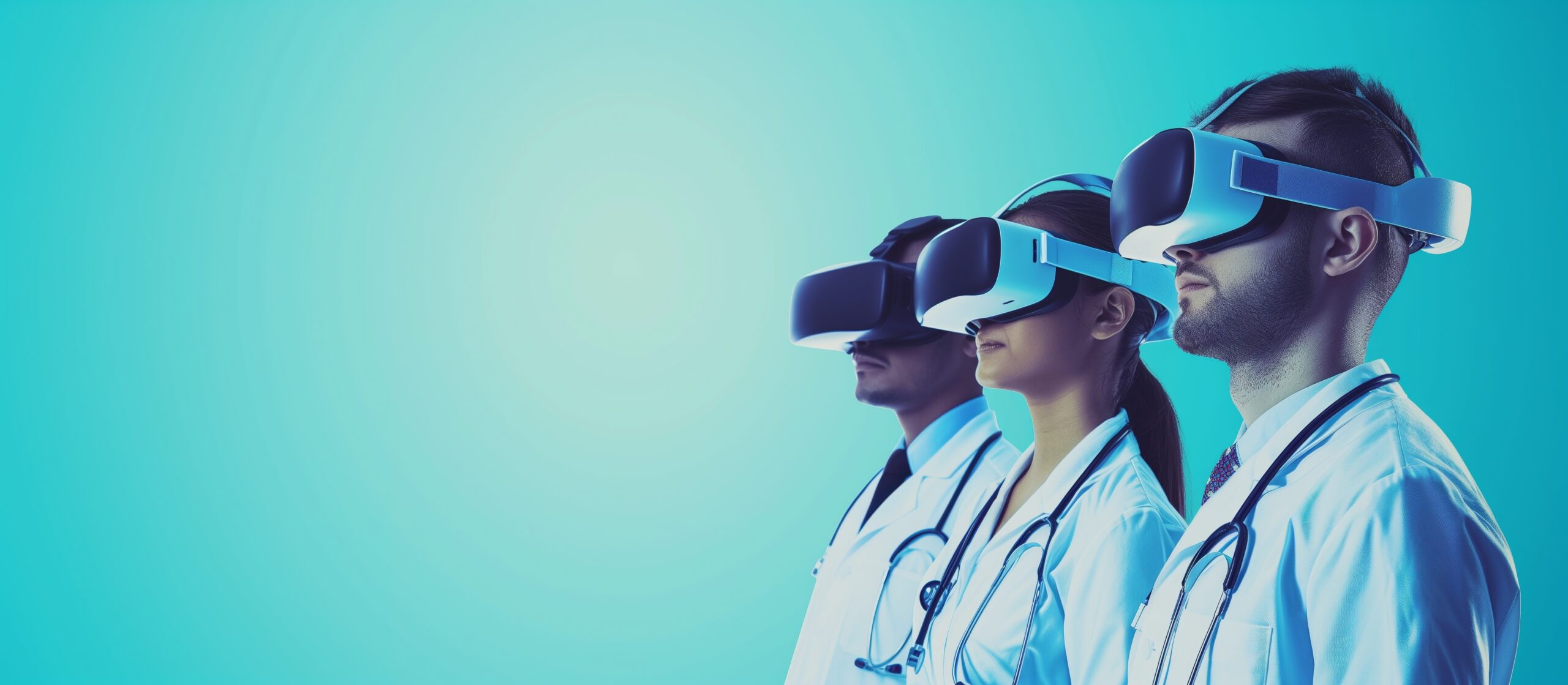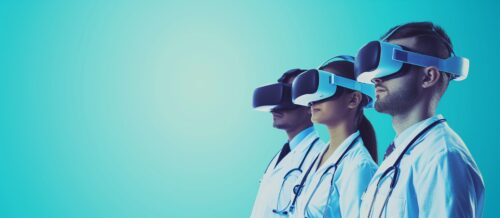research
The Potential of Extended Reality (XR) in Healthcare Education
This report outlines the potential offered, as well as the barriers to adoption, and provides key recommendations for successful implementation of XR at scale in medical education
Extended reality (XR) offers significant potential to improve both the access to healthcare professional training and ongoing development and the effectiveness with which it is delivered. In so doing, XR could enable more people to provide better care, more readily. With this, the burden placed on the healthcare system and those working in it might be lessened and critically, the experience of those receiving care and their outcomes improved.
Immersive technologies have gained traction in recent years as technology has advanced and the need for change intensified in the face of the Covid-19 pandemic. The requirements of medical education are evolving too, not least in an environment where opportunities for practical clinical experiences are becoming more limited. In response, the application of XR educational technologies offers potential for greater learning and development, generating capacity and additional capability of those providing care as well as workplace satisfaction. Applied at scale, the return for all could be even greater, not least for those in receipt.
This paper presents the potential benefits of how XR can be used in medical education for healthcare professionals, the existing barriers to integration into the healthcare ecosystem and how these maybe overcome.
Read or download the paper here.
Alternatively, if you want to find out more, collaborate with us or provide feedback, please email research@futurecarecapital.org.uk.

